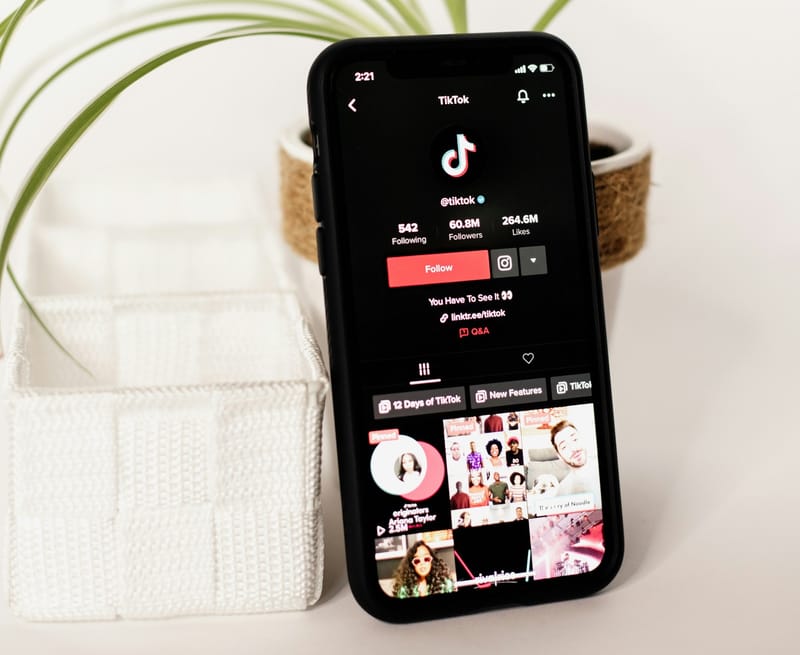Apple opens up iPhone NFC to third-party applications
Apple is finally cracking open the doors on iPhone NFC usage, inviting developers to explore the hardware feature.
For years, Apple has maintained a tight grip on the iPhone's NFC capabilities, limiting its use primarily to Apple Pay and Wallet. However, in a concession to the pressures from the European Commission antitrust over anti-competitive practices related to the mobile payments market, Apple is relaxing its grip.
The Commission argued that Apple's refusal to allow app developers access to the necessary NFC hardware and software creates an unfair advantage for Apple Pay violating EU competition laws.
In response, Apple is finally opening up the NFC chip to third-party developers, allowing them to integrate contactless transactions directly into their apps. This change paves the way for a broader range of NFC applications with use cases from in-store payments and digital car keys to transit passes and access cards. Meanwhile, the full scope of NFC capabilities, including government ID support, is still in development.
Developers eager to leverage this new functionality will need to adhere to Apple’s specific commercial agreements and pay associated fees—a typical move from the Cupertino giant.
The program will initially roll out in Australia, Brazil, Canada, Japan, New Zealand, the U.S., and the U.K. through the iOS 18.1 developer beta, with more locations to follow.
While this move is undoubtedly a win for the over 1.4 billion Apple users worldwide according to Exploding Topics, offering more choices other than Apple Pay, it also marks a significant departure from Apple's traditionally closed ecosystem approach.
The decision comes in the wake of multiple European Union antitrust investigations against the tech giant, including recent cases where the Commission sided with Spotify over Apple’s App Store rules that prevent developers from advertising app subscriptions outside of Apple’s platform.
These developments could signal a new era of forced openness for Apple, chipping away at the walls of its walled garden, much to the benefit of consumers.







